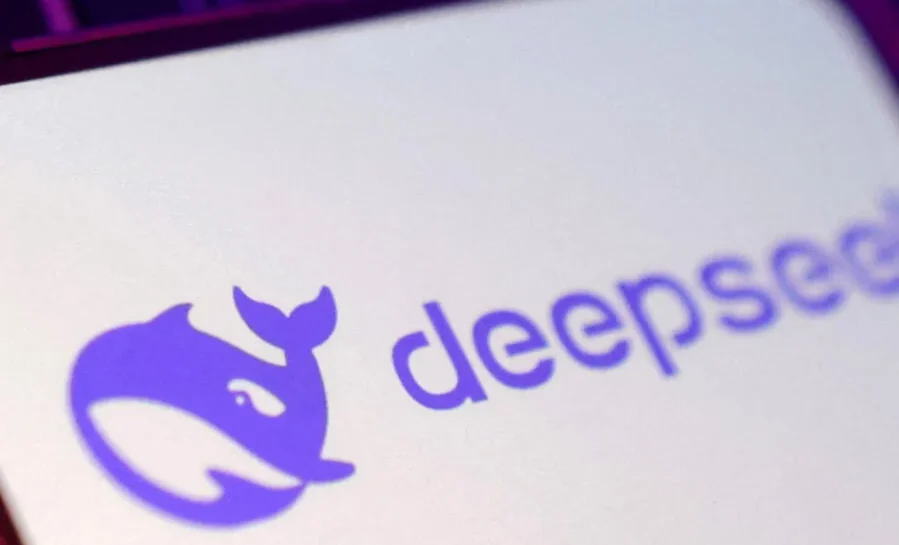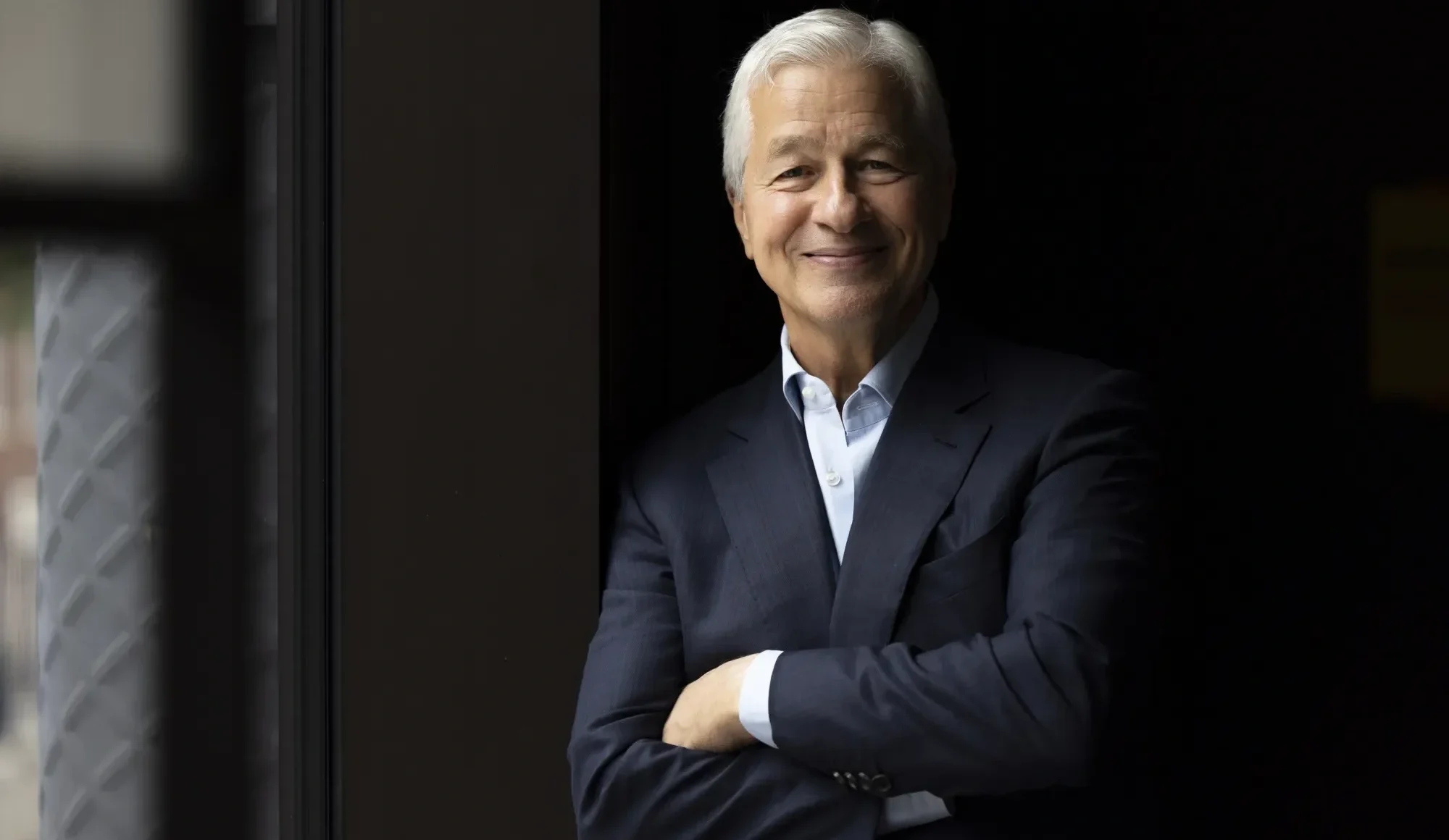GCC
A Trillion-Dollar Economic Force Built on Stability
By Desk Reporter
The Gulf Cooperation Council (GCC) has emerged as one of the most influential economic zones in the 21st century, not only because of its energy wealth but due to its visionary diversification, secure investment climate, and focus on long-term regional stability. Comprising Saudi Arabia, the United Arab Emirates, Qatar, Kuwait, Bahrain, and Oman, the GCC has transformed from a region once reliant solely on oil exports into a strategic financial and investment hub with global significance. With trillions of dollars in GDP, sovereign wealth, and foreign investments, the GCC today is more than just a regional player it is a pillar of the global economy. But at the heart of its success lies something even more valuable: stability.
A Zone of Trillions
The Economic Power of the GCC
The combined GDP of the GCC region currently exceeds $2.4 trillion, positioning it among the top global economies. This economic size is further bolstered by sovereign wealth funds controlling over $4.5 trillion in assets, an immense pool of capital that is deeply integrated with international markets, from Wall Street to Asia.
Moreover, the GCC is home to some of the most active bond and capital markets in the developing world. Outstanding regional bonds are valued at more than $1.3 trillion, while GCC stock exchanges account for over 4% of global market capitalisation. These figures are a testament to the region’s transformation from oil dependency to a diversified investment haven.
Countries like Saudi Arabia and the UAE are leading this transition with national visions focused on sustainability, innovation, and technology. Saudi Arabia’s Vision 2030 and the UAE’s National Investment Strategy have spurred robust non-oil sectors such as logistics, renewable energy, artificial intelligence, and tourism.
Stability
The Cornerstone of the GCC’s Growth
What truly sets the GCC apart is its commitment to internal security, political stability, and social cohesion. In a region surrounded by conflict and volatility, the Gulf states have cultivated an image of safety, order, and predictability, which is essential for both domestic growth and foreign investment. The cities of Dubai, Doha, Riyadh, and Abu Dhabi are frequently ranked among the safest in the world, thanks to strong governance, proactive law enforcement, and smart infrastructure.
This stability underpins investor confidence and enables the launch of multibillion-dollar projects that require not just capital, but long-term trust. In economic terms, stability allows the GCC to maintain low debt-to-GDP ratios, stable currencies, and resilient banking systems even during global crises. During oil downturns or pandemic disruptions, the region’s financial buffers and sovereign wealth funds have provided a critical safety net, avoiding fiscal collapse and ensuring continued development.
Why Unrest Is Not an Option
For a region managing trillions in global assets, unrest is more than a local risk, it’s a threat to international financial flows. Even a minor disturbance could trigger capital flight, reduce investor trust, or stall foreign direct investment. Experts warn that under high stress, GCC bank deposit outflows could reach hundreds of billions of dollars, creating liquidity crunches and undermining confidence. Additionally, projects such as Saudi Arabia’s NEOM, Qatar’s green energy initiatives, and the UAE’s AI investments all require multi-year financial and political stability.
Any disruption, internal or external, could delay or derail these initiatives, costing billions in lost revenue and opportunity. Furthermore, the social contract in the GCC, where governments provide high-quality services, subsidies, and employment in return for civic obedience, relies heavily on economic success. High youth unemployment or sudden economic shocks could challenge this balance, making the avoidance of unrest not just important, but existential.
The Future
Building Toward a $13 Trillion Horizon
Looking forward, the GCC has even greater ambitions. Regional governments aim to raise the combined GDP to $13 trillion by 2050, driven by green energy, digital transformation, and smart city projects.

Artificial intelligence alone is projected to contribute over one-third of GCC GDP by 2030, placing the region at the forefront of tech-led economies. Fovereign wealth funds are expected to surpass $5 trillion in assets by 2025, making the GCC the largest source of global investment capital after China and the United States. From stakes in American tech firms to European infrastructure, Gulf capital is shaping the future of industries around the world.
All of this depends on a single, irreplaceable factor: stability. Without it, the economic miracle of the Gulf could unravel. With it, the region is poised to become one of the most strategic and prosperous zones in global history.
The Gulf Cooperation Council stands today as a beacon of economic ambition, financial power, and strategic planning. Its transformation into a trillion-dollar investment zone is built not only on wealth but on an unyielding commitment to peace, security, and progress. As global investment increasingly turns toward the Middle East, the stakes for maintaining regional calm have never been higher. In a world hungry for safe harbors, the GCC’s greatest asset may not be its oil or its sovereign funds, but its stability.


